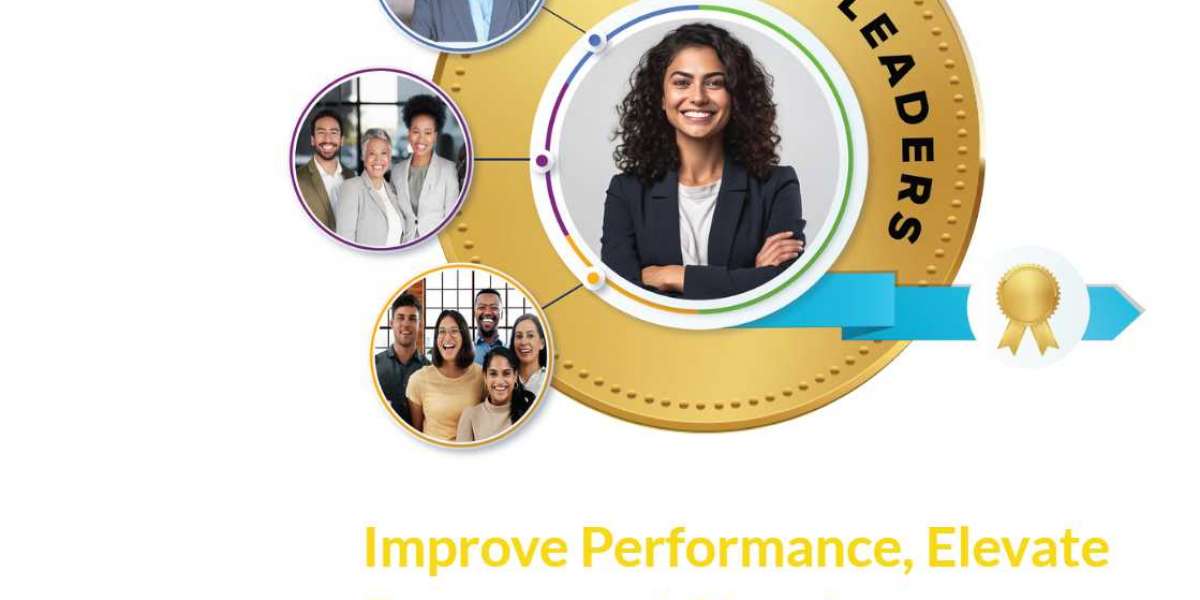For leaders and aspiring managers, the quest for continuous improvement is not just a professional ambition but a defining characteristic of success. At the heart of this journey lies the transformative tool of 360 degree assessment surveys. In this comprehensive exploration, we delve into the ways in which 360 surveys act as a game-changer, offering leaders invaluable insights into their leadership styles, strengths, and areas for refinement. If you're committed to honing your leadership skills, this article serves as your go-to resource, providing a roadmap for leveraging 360-degree surveys to become a more effective and impactful leader.
Understanding the Essence of 360-Degree Surveys for Leaders
Decoding the Concept: What Are 360-Degree Surveys?
360-degree surveys, also known as multisource feedback, revolutionise traditional feedback mechanisms by collecting insights from various sources—peers, subordinates, supervisors, and self-assessment. This comprehensive approach provides leaders with a panoramic view of their leadership style, offering insights that extend beyond self-perception.
A Game-Changer for Personal Growth
1. Unveiling Leadership Styles
360-degree surveys play a pivotal role in unveiling a leader's unique leadership style. The feedback obtained from different perspectives provides a nuanced understanding of how leaders are perceived by those they lead, fostering self-awareness as a foundation for personal growth.
2. Identifying Strengths and Weaknesses
These surveys act as a mirror, reflecting both leadership strengths and areas that need improvement. By pinpointing specific competencies and behaviours, leaders can leverage their strengths while proactively addressing any weaknesses. This targeted insight forms the basis for a focused and tailored development plan.
3. Leveraging Diverse Feedback Sources
The diversity of feedback sources—from peers, subordinates, and superiors—provides a well-rounded perspective on a leader's effectiveness. Understanding how different stakeholders perceive leadership behaviours allows leaders to adapt and tailor their approach to meet the varied expectations within their professional ecosystem.
Navigating the Impactful Implementation of 360 Surveys
1. Embracing Constructive Feedback
An integral aspect of utilising 360 evaluation effectively is embracing constructive feedback. Leaders must view feedback not as criticism but as a valuable resource for growth. This shift in mindset lays the groundwork for constructive self-reflection and continuous improvement.
2. Crafting Actionable Development Plans
360-degree surveys are most impactful when the insights derived translate into actionable steps. Leaders should collaborate with mentors, coaches, or HR professionals to craft development plans that target specific areas identified for improvement. These plans should be dynamic, evolving with the leader's growth journey.
3. Fostering a Culture of Open Communication
The successful implementation of 360 surveys relies on fostering a culture of open communication within the workplace. Leaders should encourage honest and transparent feedback, creating an environment where team members feel empowered to share their perspectives without fear of reprisal.
The Leadership Journey: Leveraging 360 Surveys for Growth
1. Enhancing Emotional Intelligence
360-degree surveys contribute significantly to the enhancement of emotional intelligence in leaders. Understanding how one's actions impact others and adapting emotional responses based on feedback fosters stronger interpersonal relationships and effective leadership.
2. Building Trust and Credibility
Trust is the bedrock of effective leadership, and 360 surveys play a crucial role in building and maintaining trust. By demonstrating a commitment to self-improvement and acknowledging areas for development, leaders enhance their credibility and inspire confidence within their teams.
3. Tailoring Leadership Approaches
The insights gathered from 360-degree surveys empower leaders to tailor their leadership approaches to the unique needs and expectations of their teams. This adaptability is key in navigating diverse work environments and fostering a positive and productive organisational culture.
Conclusion: A Roadmap for Leadership Excellence
The transformative impact of 360 degree feedback on leaders cannot be overstated. By providing a 360-degree view of leadership effectiveness, these surveys serve as a powerful tool for personal growth and professional development. Leaders who commit to the process of leveraging 360 surveys for insights, crafting actionable plans, and fostering a culture of open communication are on a trajectory towards leadership excellence. The journey towards becoming a more effective and impactful leader begins with the insights gained from 360-degree surveys, making them an invaluable resource for those dedicated to continuous improvement in their leadership roles.






